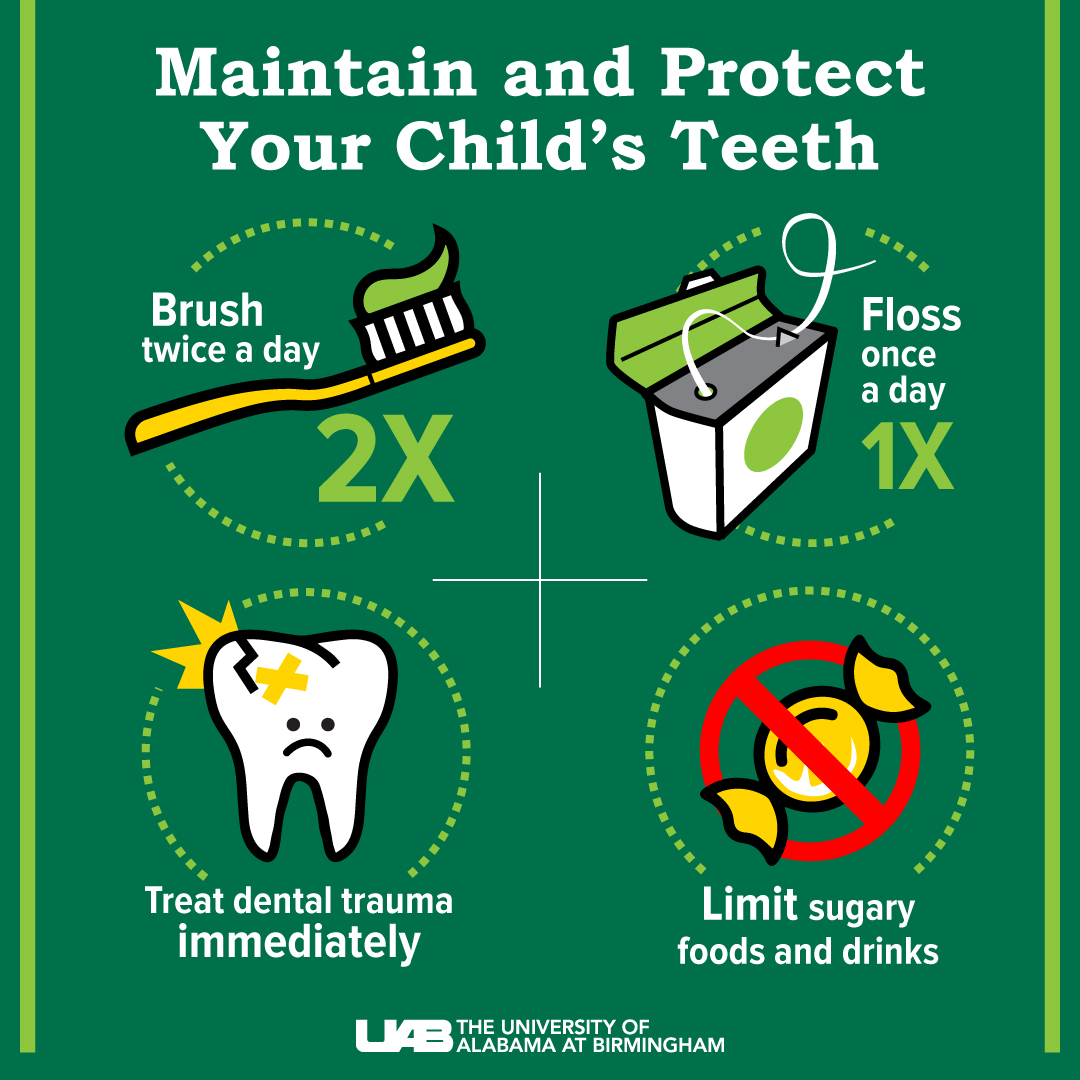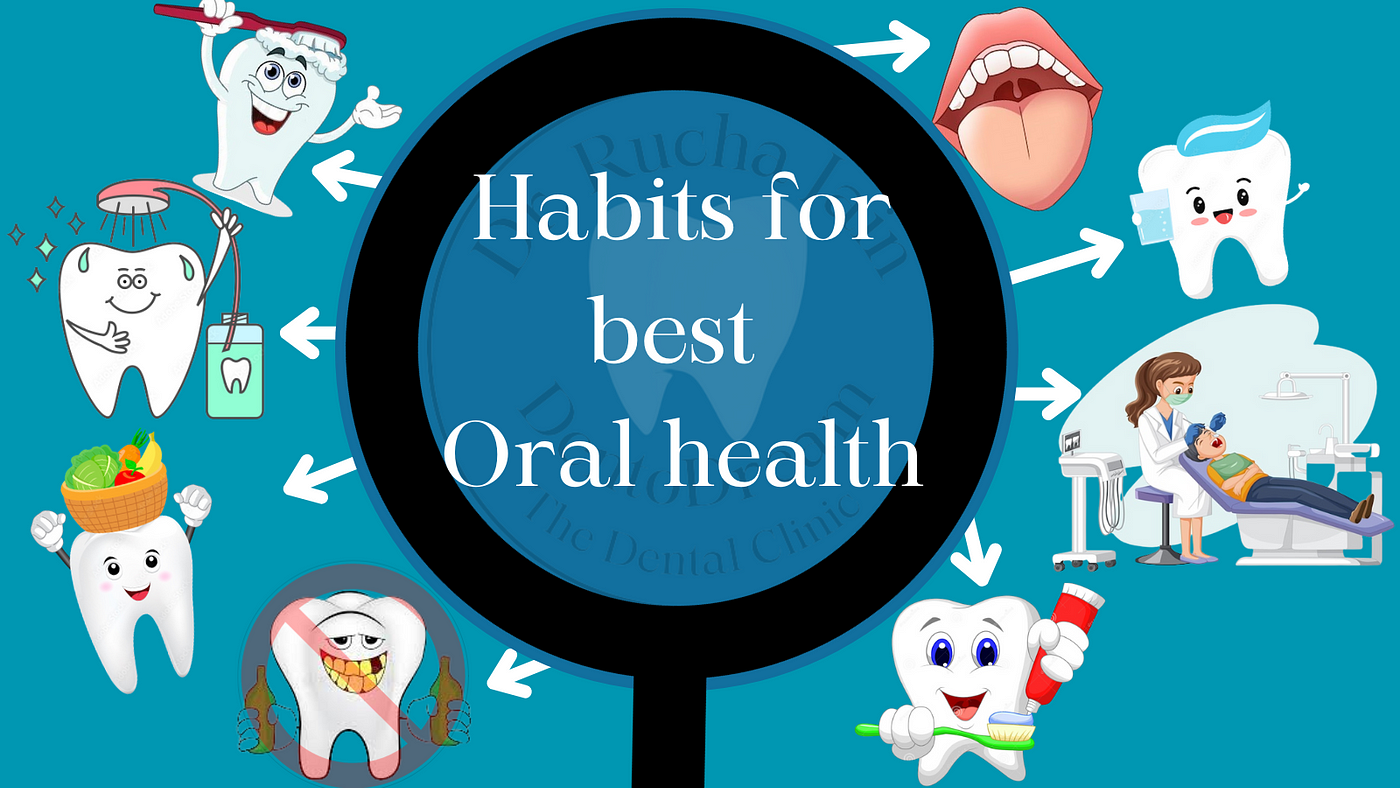
Smile Bright: Essential Dental Health Tips
Maintaining optimal dental health is key to a confident smile and overall well-being. Explore these essential dental health tips to ensure your teeth remain strong and your smile stays bright.
Brushing Techniques for Effective Cleaning
The foundation of good dental health lies in proper brushing techniques. Use a soft-bristled toothbrush and fluoride toothpaste. Brush at a 45-degree angle in circular motions, ensuring you reach all surfaces of your teeth. Don’t forget to brush your tongue to remove bacteria and keep your breath fresh.
Flossing: The Often Overlooked Hero
While brushing is essential, flossing is equally crucial. Flossing removes plaque and food particles between teeth and along the gumline, where a toothbrush may not reach. Make flossing a daily habit to prevent cavities and gum disease. Your dentist can guide you on the correct flossing technique.
Choose a Balanced Diet for Dental Health
Your diet plays a significant role in dental health. Consume a balanced diet rich in fruits, vegetables, dairy, and lean proteins. Limit sugary snacks and beverages, as they contribute to tooth decay. Drinking water helps wash away food particles and maintain proper saliva production, which aids in neutralizing acids.
Regular Dental Check-ups: Prevention is Key
Scheduled dental check-ups are essential for preventive care. Regular visits allow your dentist to detect and address potential issues early, preventing them from becoming more significant problems. Professional cleanings also remove stubborn plaque, contributing to healthier gums and teeth.
Avoid Harmful Habits for Healthy Teeth
Certain habits can harm your dental health. Quit smoking, as it increases the risk of gum disease and oral cancer. Limit alcohol consumption, as excessive intake can contribute to tooth decay. If you grind your teeth at night, consider using a nightguard to protect your teeth from damage.
Fluoride: A Protector of Tooth Enamel
Fluoride is a natural mineral that strengthens tooth enamel, making it more resistant to decay. Ensure your toothpaste contains fluoride, and consider fluoride treatments if recommended by your dentist. Fluoridated water also contributes to dental health, so stay hydrated with tap water.
Teeth-friendly Snacks and Limiting Sugary Treats
Choose teeth-friendly snacks to support dental health. Opt for crunchy fruits and vegetables that stimulate saliva production and help clean teeth naturally. When indulging in sweets, choose those with less sugar, and be mindful of the timing to minimize the impact on your teeth.
Hydration and its Impact on Dental Health
Drinking an adequate amount of water is not only essential for your overall health but also for your dental well-being. Water helps wash away food particles, stimulates saliva production, and maintains proper oral hydration. Make water your beverage of choice for a healthy smile.
Teeth Whitening: Proceed with Caution
While a bright smile is desirable, exercise caution with teeth whitening products. Consult your dentist before using over-the-counter whitening products, as improper use can lead to sensitivity and damage. Professional teeth whitening treatments, when done under supervision, offer safe and effective results.
Educational Resources for Dental Health
For more in-depth information on dental health, tips, and expert advice, visit Studentals.net. Explore a wealth of resources to enhance your dental care routine and stay informed about the latest developments in oral health.
In conclusion, following these dental health tips contributes to a radiant smile and overall well-being. By adopting good oral hygiene practices, making wise dietary choices, and seeking professional guidance, you can enjoy a healthy and confident smile for years to come.


